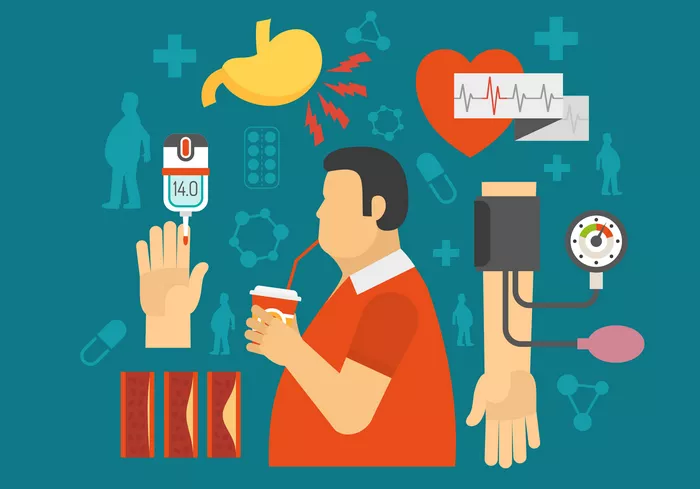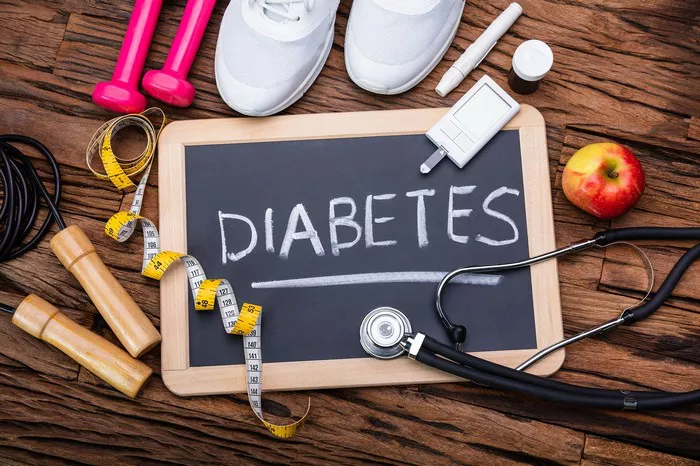Pancreatitis is a condition characterized by inflammation of the pancreas, an organ located behind the stomach. There are two main types of pancreatitis: acute and chronic. Acute pancreatitis is a sudden inflammation of the pancreas, often triggered by gallstones or excessive alcohol consumption. Chronic pancreatitis, on the other hand, is a long-term inflammation of the pancreas that can lead to permanent damage and impairment of pancreatic function.
Role of the Pancreas
The pancreas plays a crucial role in regulating blood glucose levels through the production of hormones such as insulin and glucagon. Insulin helps lower blood sugar levels by facilitating the uptake of glucose into cells for energy production, while glucagon raises blood sugar levels by stimulating the liver to release stored glucose into the bloodstream. Together, these hormones maintain blood sugar levels within a narrow range, ensuring that cells have a constant supply of energy.
Pathophysiology
Pancreatitis can lead to hyperglycemia, or high blood sugar levels, by affecting the pancreas’s ability to produce insulin. In acute pancreatitis, inflammation of the pancreas can disrupt insulin secretion, leading to temporary hyperglycemia. In chronic pancreatitis, ongoing inflammation and damage to the pancreas can result in permanent impairment of insulin production, leading to pancreatogenic diabetes, also known as type 3c diabetes.
Pancreatogenic Diabetes
Pancreatogenic diabetes is a form of diabetes that occurs as a result of pancreatic disease or injury, such as chronic pancreatitis. Unlike type 1 and type 2 diabetes, which are characterized by autoimmune destruction of pancreatic beta cells or insulin resistance, respectively, pancreatogenic diabetes is caused by damage to the pancreas itself. This type of diabetes can be challenging to manage due to the progressive nature of pancreatic damage and the associated complications.
Risk Factors
Several factors increase the risk of developing pancreatitis and subsequent hyperglycemia, including:
Gallstones: Gallstones can block the pancreatic duct, leading to inflammation and damage to the pancreas.
Excessive alcohol consumption: Chronic alcohol abuse is a common cause of pancreatitis and can increase the risk of developing pancreatogenic diabetes.
Smoking: Smoking has been linked to an increased risk of pancreatitis and pancreatic cancer, both of which can lead to hyperglycemia.
Obesity: Obesity is a risk factor for both acute and chronic pancreatitis and is associated with an increased risk of developing hyperglycemia.
Symptoms and Diagnosis
Symptoms of hyperglycemia in the context of pancreatitis may include increased thirst, frequent urination, fatigue, blurred vision, and unexplained weight loss. Diagnosis is typically made through blood tests to measure fasting blood glucose levels and glycated hemoglobin (HbA1c) levels, which reflect average blood sugar levels over the past two to three months.
Treatment Options
Managing hyperglycemia in individuals with pancreatitis often involves a combination of lifestyle modifications and medication. In mild cases, dietary changes such as reducing carbohydrate intake and increasing fiber consumption may help stabilize blood sugar levels. In more severe cases, oral medications or insulin therapy may be necessary to achieve adequate blood sugar control.
Prevention and Management
Preventing pancreatitis and subsequent hyperglycemia involves adopting a healthy lifestyle, including maintaining a balanced diet, avoiding excessive alcohol consumption, quitting smoking, and maintaining a healthy weight. For individuals with chronic pancreatitis, regular monitoring of blood sugar levels and adherence to prescribed treatment regimens are essential for preventing complications associated with pancreatogenic diabetes.
Expert Insights
According to Dr. Sarah Patel, an endocrinologist specializing in pancreatogenic diabetes, “Managing hyperglycemia in individuals with pancreatitis requires a multidisciplinary approach involving gastroenterologists, endocrinologists, and dietitians. Close monitoring of blood sugar levels and early intervention can help prevent complications and improve long-term outcomes.”
Conclusion
In conclusion, pancreatitis-induced hyperglycemia can pose significant challenges for individuals with pancreatic disease or injury. Understanding the underlying mechanisms of hyperglycemia in the context of pancreatitis, recognizing risk factors, and implementing preventive measures are essential for managing blood sugar levels and reducing the risk of complications associated with pancreatogenic diabetes. By working closely with healthcare providers and adopting a comprehensive approach to diabetes management, individuals with pancreatitis can achieve better blood sugar control and improve their overall health and well-being.
Related Topics:
Does Hyperglycemia Cause Nausea?
What Should You Eat Immediately If Your Blood Sugar Is High?
























